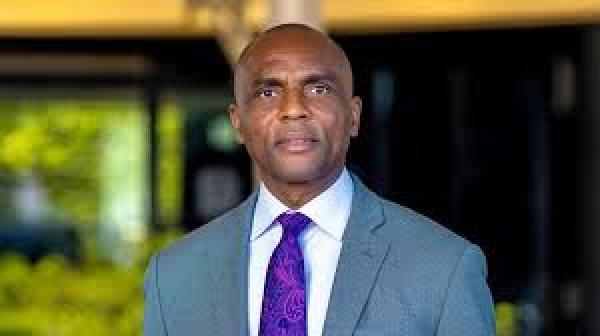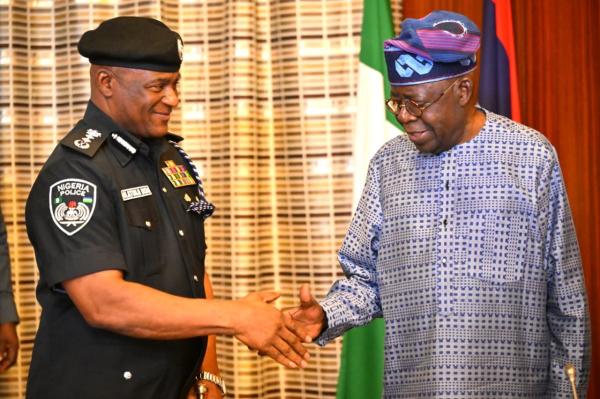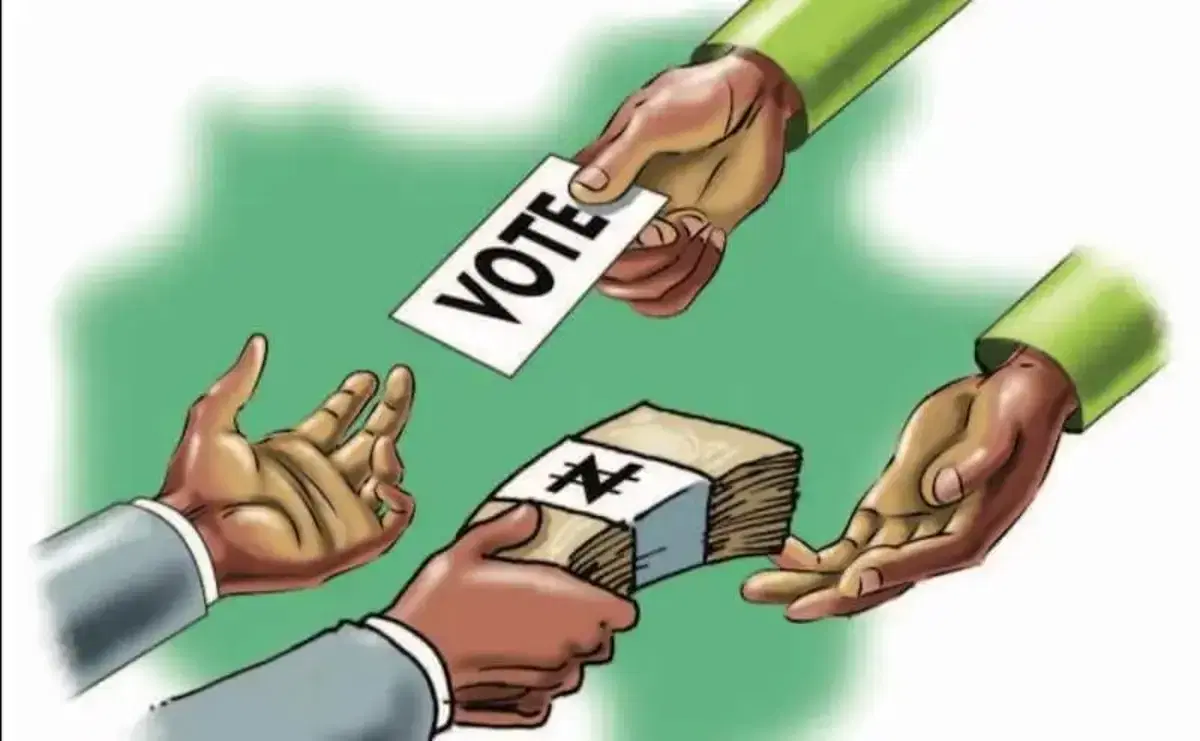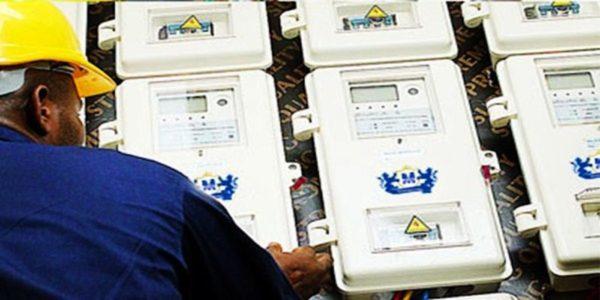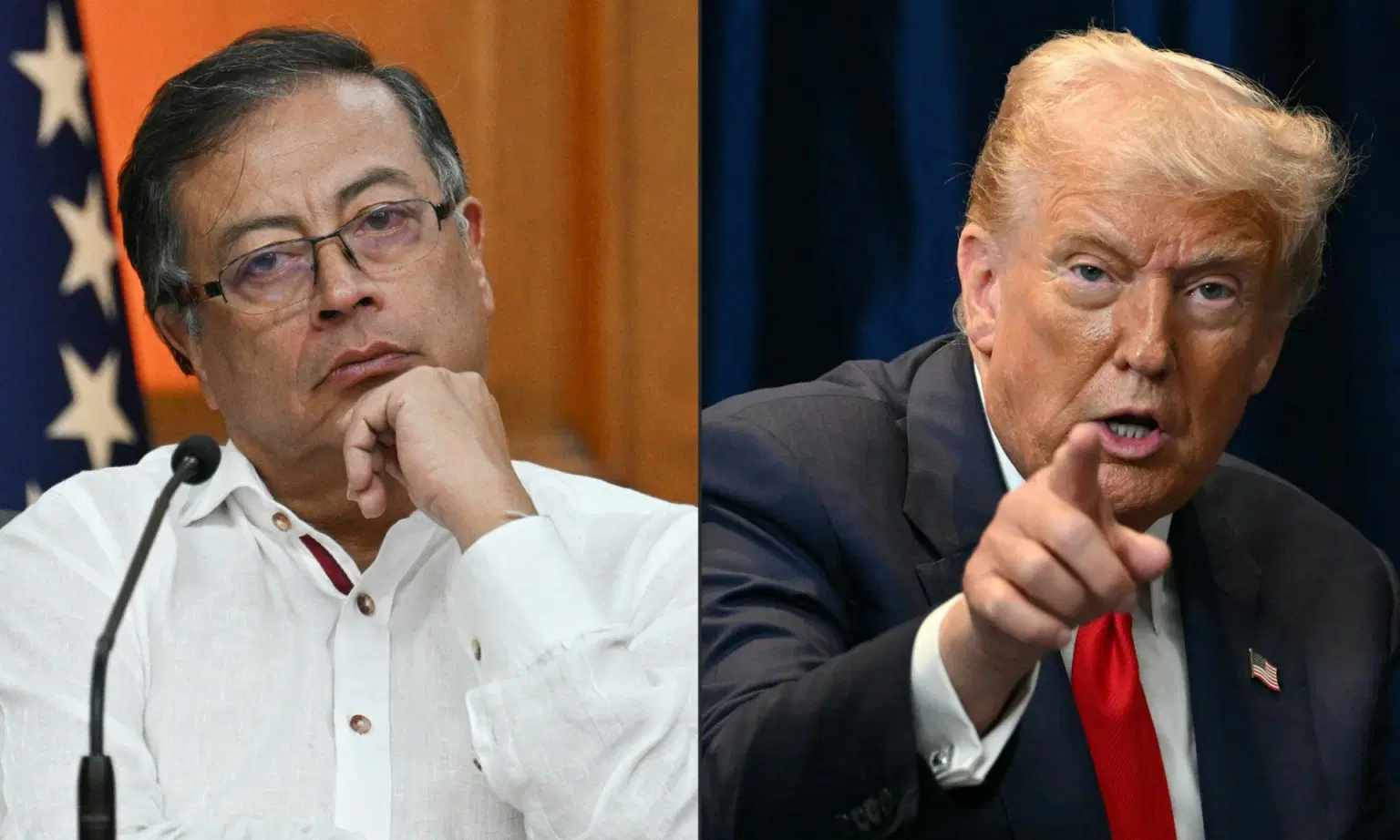
“This kind of threat to journalism has furthermore serious implications on the public’s right to information, in particular in the context of the general elections where the role of the media is of particular importance.
“SERAP notes that section 39(1) of the Nigerian constitution 1999 (as amended), Article 9 of the African Charter on Human and Peoples’ Rights and article 19 of the International Covenant on Civil and Political Rights, to which Nigeria is a state party protect everyone’s right to maintain an opinion without interference and to seek, receive and impart information and ideas of all kinds, regardless of frontiers.
“Under the constitution and these human rights treaties, restrictions on the right to freedom of expression must be ‘provided by law’, and necessary for ‘the rights or reputations of others’ or ‘for the protection of national security or of public order (order public), or of public health and morals’.
“Similarly, the Nigerian constitution and human rights treaties provide for the rights of individuals to be protected, inter alia, against unlawful or arbitrary interference, and provide that everyone has the right to the protection of the law against such interference.
“‘Unlawful’ means that no interference may take place except in cases envisaged by the law which in itself must comply with the requirements of human rights and the rule of law.
“Media coverage of the general elections and post-election matters, and media freedom are closely connected, as access to information is an essential requirement for the realization of the rights to freedom of expression and participation.
“Similarly, phrases such as ‘unguarded statements, divisive and dangerous comments’, ‘negative conversations’ used by the NBC lack sufficient clarity and can be arbitrarily or discriminatorily applied and enforced.
“The ‘last warning’ and threat by the NBC would seem not to meet the strict requirements of the Nigerian constitution and the country’s international human rights obligations. In particular, it is unclear the scope or object of what these wordings seek to prohibit.
“Under the constitutional and international requirement of legality, it is not enough that restrictions on freedom of expression, access to information and media freedom are formally stated in press releases and regulations.
“The NBC legislation and codes do not confer unfettered discretion for the restriction of freedom of expression on those charged with their implementation.
“The requirement of legality also serves to define the scope of legal discretion conferred on implementing authorities in order to provide adequate protection against arbitrary implementation.
“General prohibitions on the dissemination of information based on vague and ambiguous ideas, including ‘unguarded statements, divisive and dangerous comments’, ‘negative conversations’ are incompatible with legal requirements and should be immediately withdrawn.
“According to our information, Mall. Balarabe Shehu Ilelah, Director-General of the National Broadcasting Commission (NBC) on Tuesday 7 March 2023 reportedly made the NBC’s ‘last warning to broadcast stations’. The NBC ‘will not hesitate to shut down any station or revoke its licence once it is convinced that the activities of the station is capable of undermining the peaceful co-existence of the country.’”












